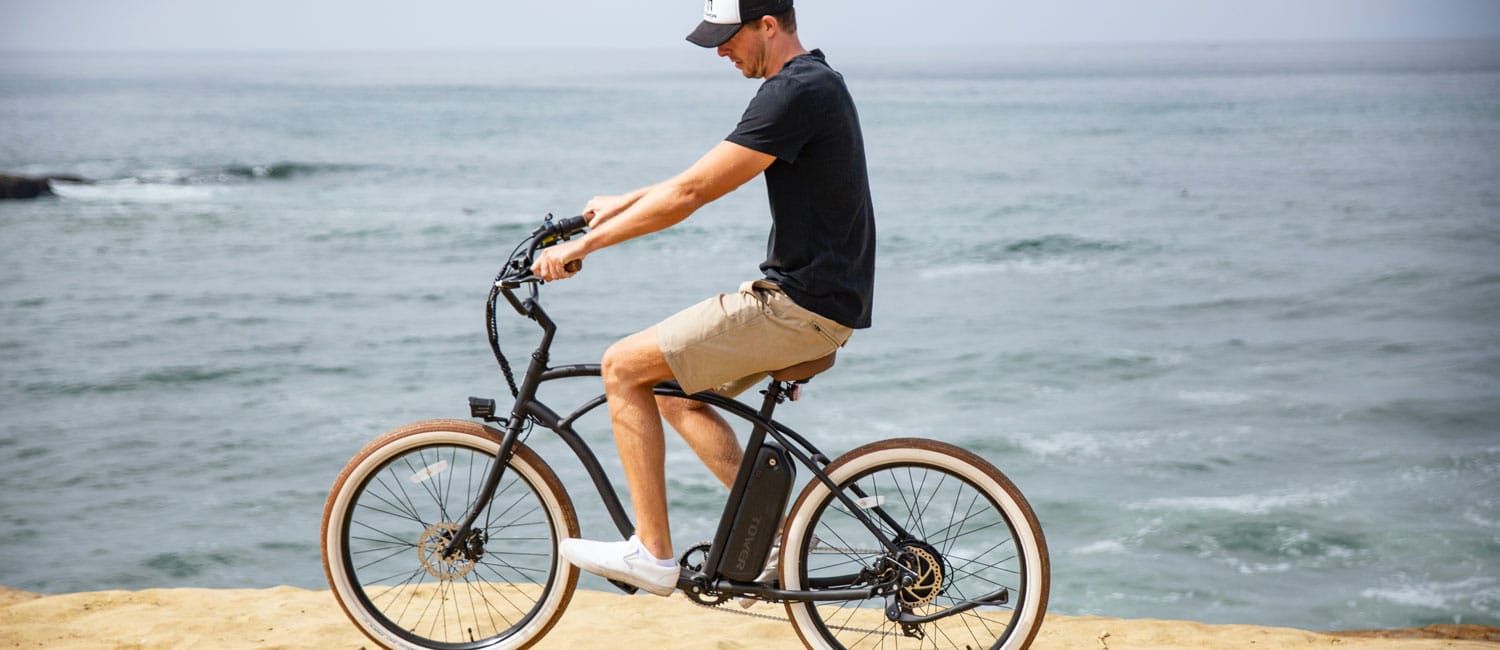Many people look at climate change from an economic perspective. They look at how such changes would affect agricultural production, national economy, ecological functions, and labor supplies. But there is one key aspect that must never be overlooked when assessing the effects of climate change. That aspect is health. Under health, we need to focus on how health changes that are precipitated by climate change affect outdoor recreation.
Studies show that summers are getting hotter in the US, Europe, and some parts of Asia. There are more heat waves recorded now in these regions than at any other time in history. To make matters more dangerous, flash floods and wildfires are becoming dangerously frequent in California and other selected regions in the US. These changes are affecting how people take care of their bodies and by extension, how they exercise outdoors. The reputation that summer has held for decades as being the prime season for outdoor leisure activity is seriously jeopardized.

People living in heatwave prone areas are more likely now to start undertaking summertime leisure activities during winter. Activities such as running, biking, and hiking will become too exhausting if the climatic conditions won’t shift in favor of summer. Visiting local parks during the day might also become a thing of the past if things continue along this path.
The rise of electric bikes
The electric bikes couldn’t have come at a better time. Because we clearly headed to a period when biking and most intense outdoor activities will become unpleasantly tiresome and draining, the world needs a bike that allows people to exercise without draining their energy. These bikes do not drain the cyclist’s physical energy.
They leave room for you to pedal and exercise your leg and hand muscles just like you do with a regular bike, only that you aren’t forced to put in extra effort when navigating tough terrains. When you need to engage in physical activity but it is just too hot to be comfortable, you don’t have to give you all- the motor is there to bail you out. You will not slow down or lower your overall efficiency just because the weather is unfavorable.
Are we going to start seeing fewer outdoor events in the summer?
This could be a possibility in the future, but we aren’t there just yet. We have already witnessed summer events getting canceled in some cities in the US due to the mid-July heatwave that hit the country last year. One notable event that was canceled was the OZY festival that was to go down in New York City. Organizers quoted public safety as the main reason behind the cancellation.
Going into the future, there is a high chance that some outdoor activities will have to be shifted from the scorching hot months of summer to a different time of the year. But it will be dishonest to predict that climate change will have the same effect on summer and other seasons as we know them today, all across the world. There are areas that experience heavy floods during winter, making outdoor activities out of bound. Such areas will have no option but to brave through the hot months of summer and exercise as they are accustomed to.
Is there any chance that climate change could possibly be good for outdoor recreation?
That possibility cannot be ignored.
For people who love to exercise under the sun, e.g. recreational cyclists, climatic changes will work in their favor. The lesser the cold days, the more the day’s such people will have to bike. Any outdoor enthusiast who dislikes cold temperatures will enjoy a few more days of hot weather. Hikers, runners, and nature lovers will love milder winters even as much as they will have to pay a price by having to brave long, hotter, summer months.
Research shows that most outdoor enthusiasts dislike cold weather more than they dislike extremely hot weather, meaning that a few additional degrees to the traditionally hot summer months will do little to deter outdoor enthusiasts.
We can expect that when temperatures rise during winter, the quantity and duration of outdoor recreation will increase for the months of winter. However, the moderate temperatures of summer will be adversely affected by the looming climatic changes, which might reflect negatively on outdoor recreation. But all said and done, it remains to be seen as of whether the demand for recreation within a calendar year will fall or rise.
